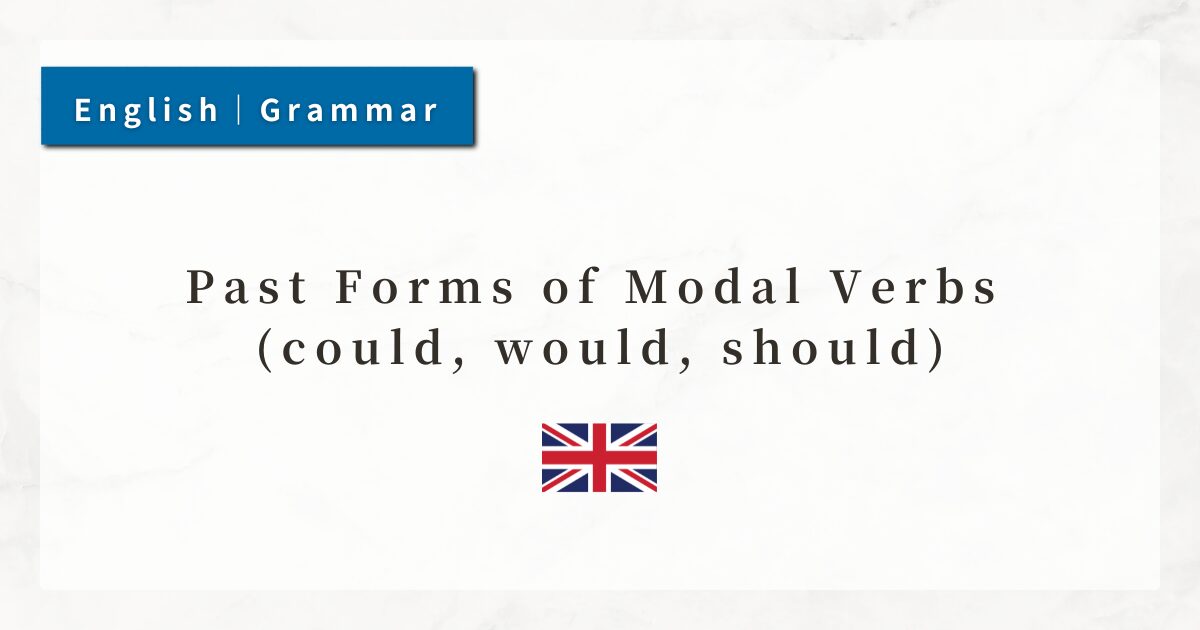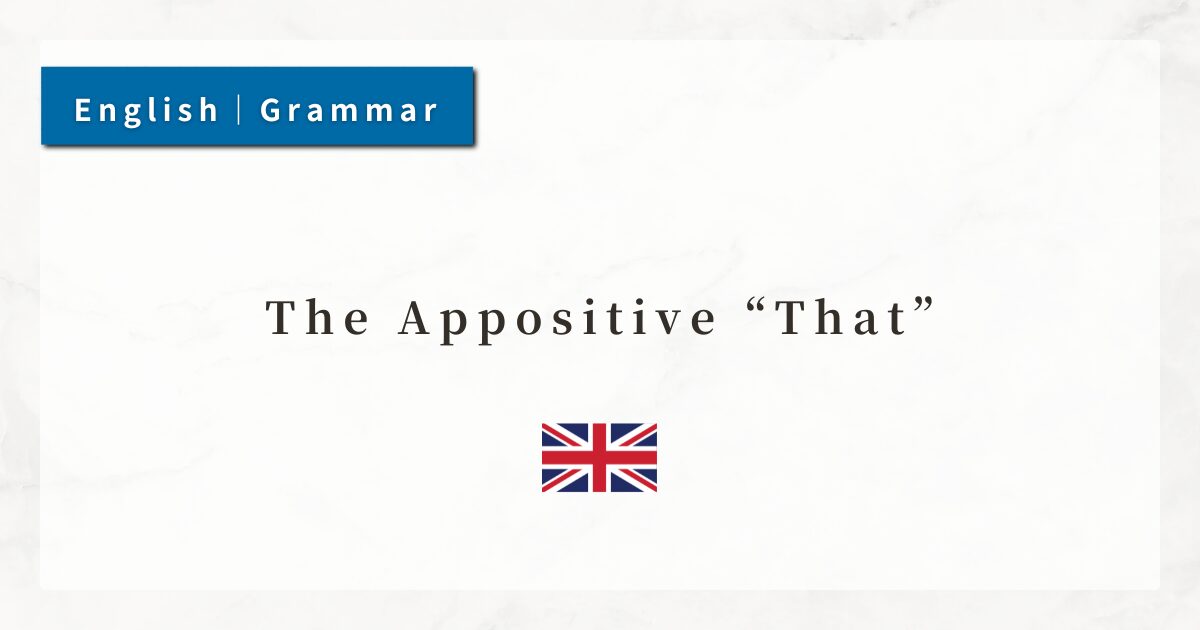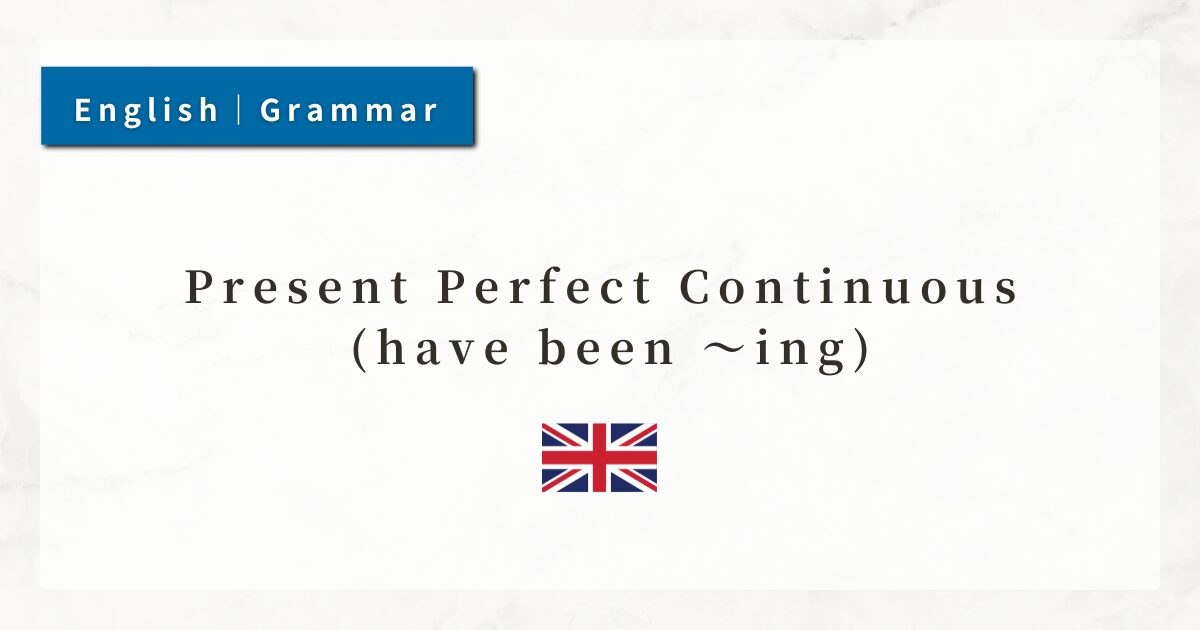#54 Past Forms of Modal Verbs (could, would, should)|Politeness, Hypothetical Situations, and Probability

In English, modal verbs have both present forms and past forms. The present forms (can, will, shall, etc.) express meanings related to the present or future.
On the other hand, the past forms (could, would, should) do not merely indicate the past. They also add special nuances such as hypothetical situations, probability, and polite expressions.
In this lesson, I will explain in detail how to use the past forms of modal verbs—could, would, and should—which are particularly important in conversation.
1. How to Use could
1-1. The Past Form of can
As the past form of can, could expresses ability or possibility in the past.
- When I was a child, I could swim very fast.
- She could play the piano when she was five.
Could is used to objectively describe ability or possibility at that time.
1-2. Hypothetical Possibility
Could also expresses a hypothetical situation, different from reality, meaning “might be able to.”
- I could help you if I had more time.
This implies that in reality, there is no time, so the help cannot be given.
1-3. Polite Requests
Using could makes a request softer and more polite than can.
- Could you open the window, please?
- Could I borrow your pen?
When asking someone to do something, could leaves a more courteous impression.
2. How to Use would
2-1. The Past Form of will
As the past form of will, would expresses past intention or past habitual actions.
- He said he would call me later.
- When we were children, we would often play outside until dark.
Here, would describes either “past habits” or “intentions at that time.”
2-2. Use in Hypothetical Sentences
As a modal verb, would expresses an unreal situation, different from reality.
- I would buy this car if I had enough money.
- She would travel more if she were free.
This use of would conveys the idea: “It is not true, but if it were, this would happen.”
2-3. Polite Requests and Offers
Would also softens proposals, invitations, or requests.
- Would you like some coffee?
- Would you help me with this?
This expression is more polite and less direct than “Do you want 〜?”
3. How to Use should
3-1. Obligation and Advice
Should is often used to mean “ought to” or “should do.”
- You should see a doctor.
- Students should do their homework every day.
It expresses both obligation and advice, making it very common in daily conversation.
3-2. Probability
Should can also mean “is expected to” or “ought to,” expressing likelihood.
- The train should arrive soon.
- He should be at home now.
Compared with must, should is softer and carries the nuance of “it is natural to expect this.”
3-3. As the Past Form of shall
Although rarely used in modern English, should is originally the past form of shall. Today, this use remains mainly in legal documents or older styles of English.
4. Summary
- could
1. Past form of can (past ability or possibility)
2. Hypothetical possibility (If I had 〜, I could…)
3. Polite requests (Could you…?) - would
1. Past form of will (past intention or habit)
2. Hypothetical use (If I had 〜, I would…)
3. Polite offers or requests (Would you…?) - should
1. Obligation or advice (You should…)
2. Probability (He should…)
3. Past form of shall (limited usage)






